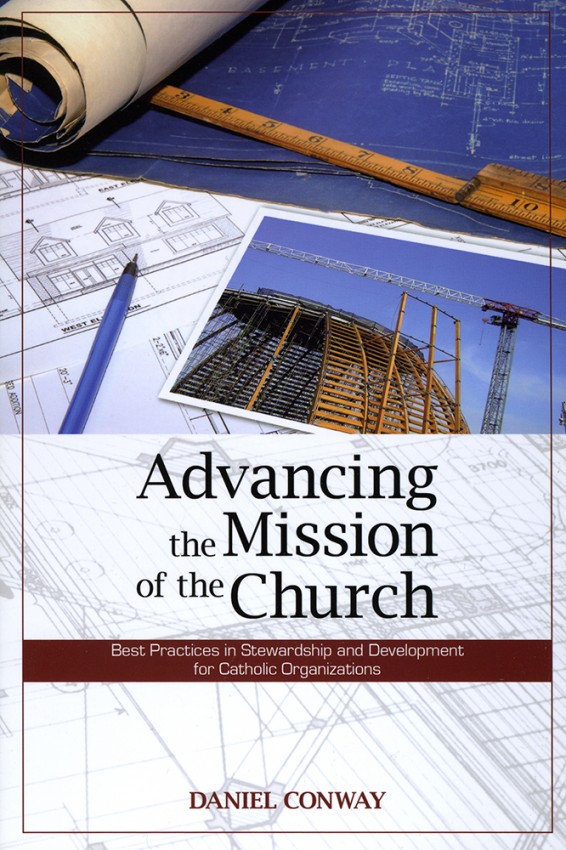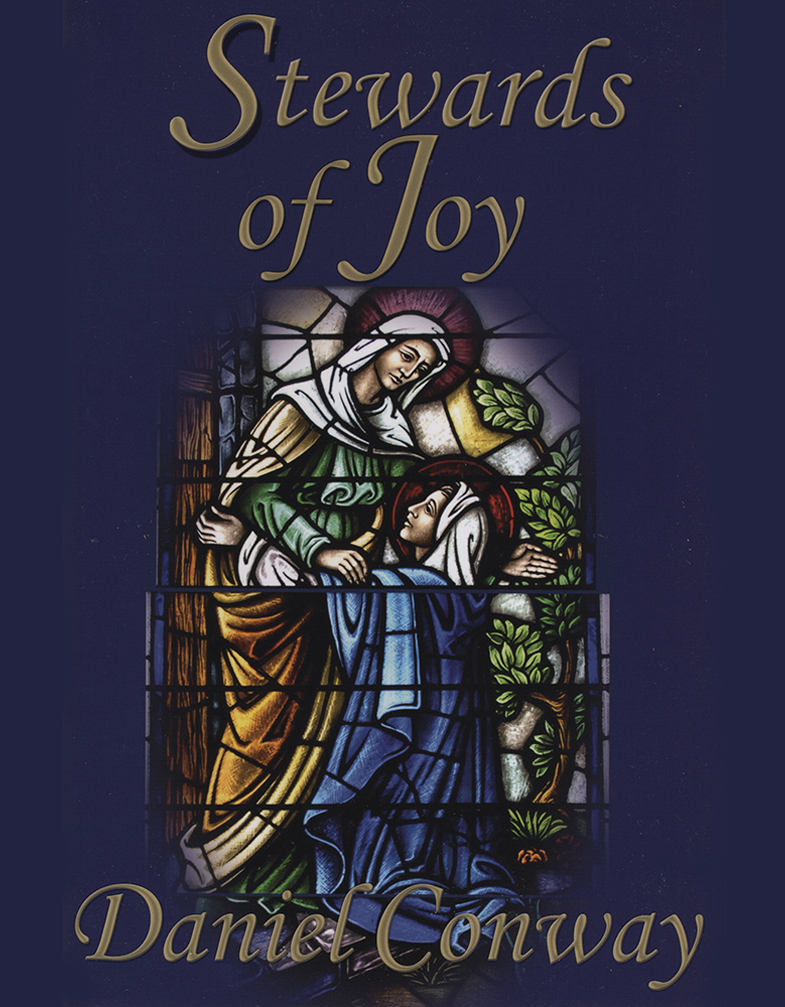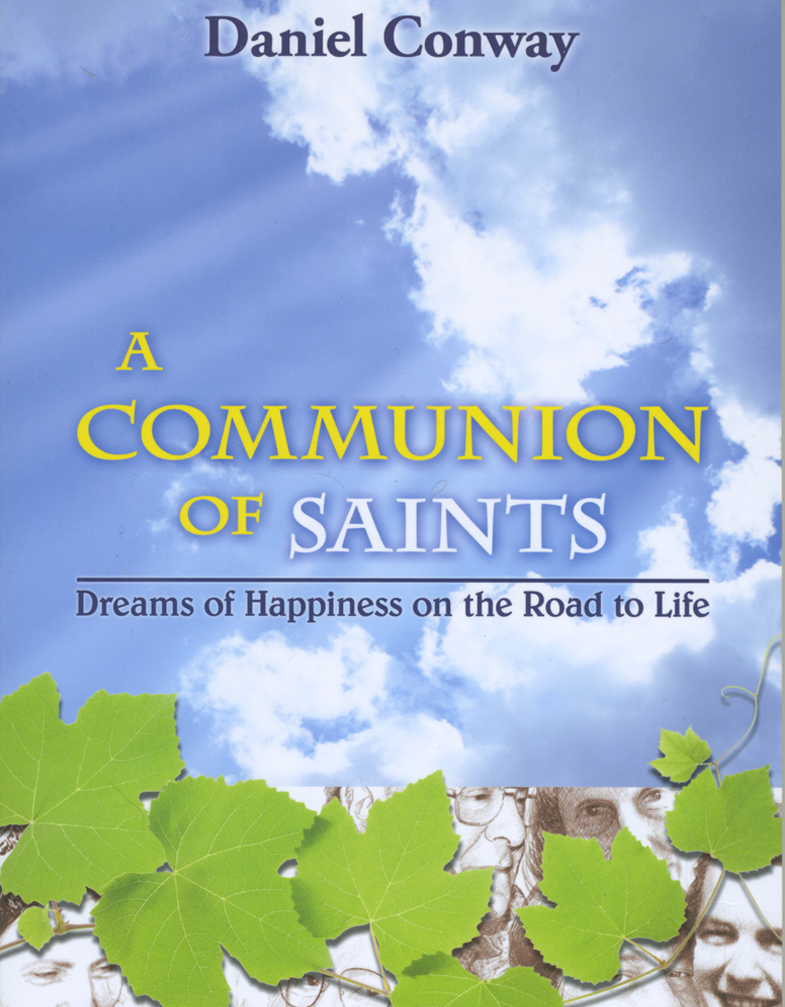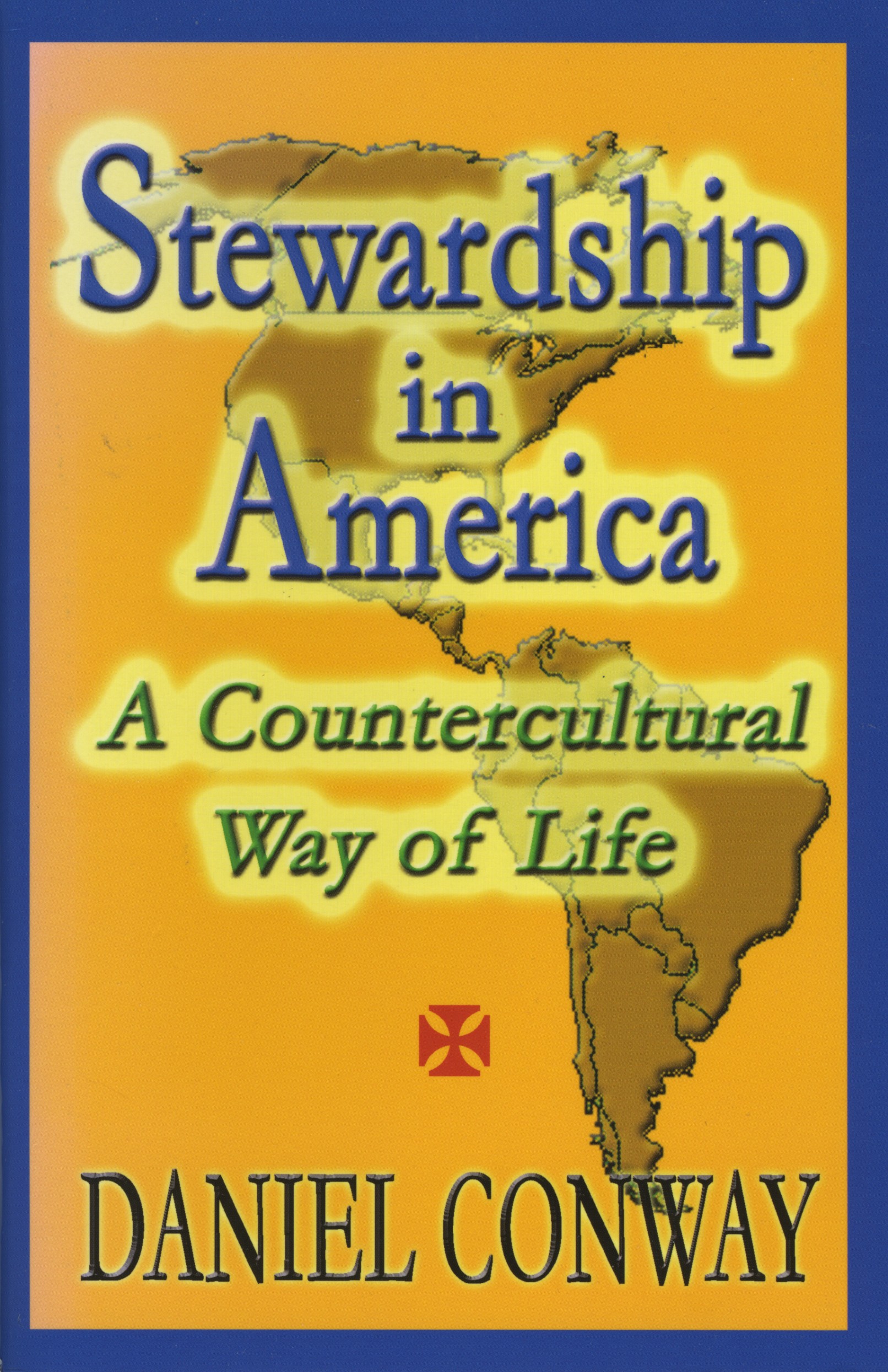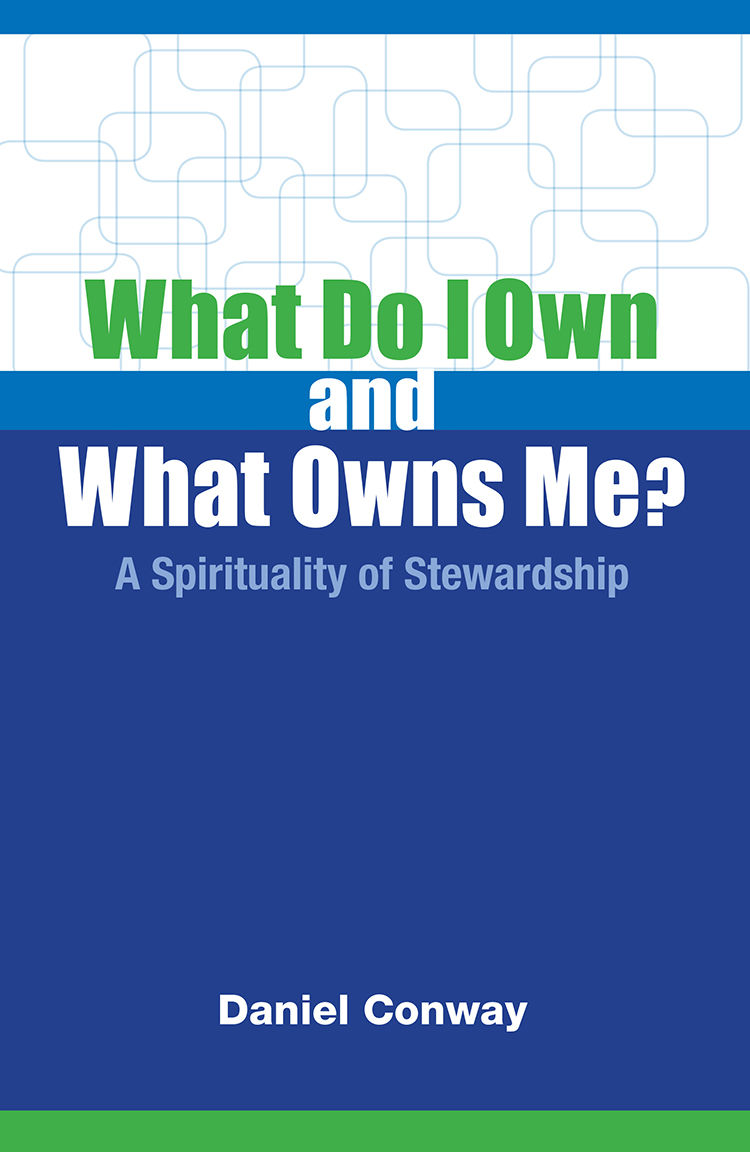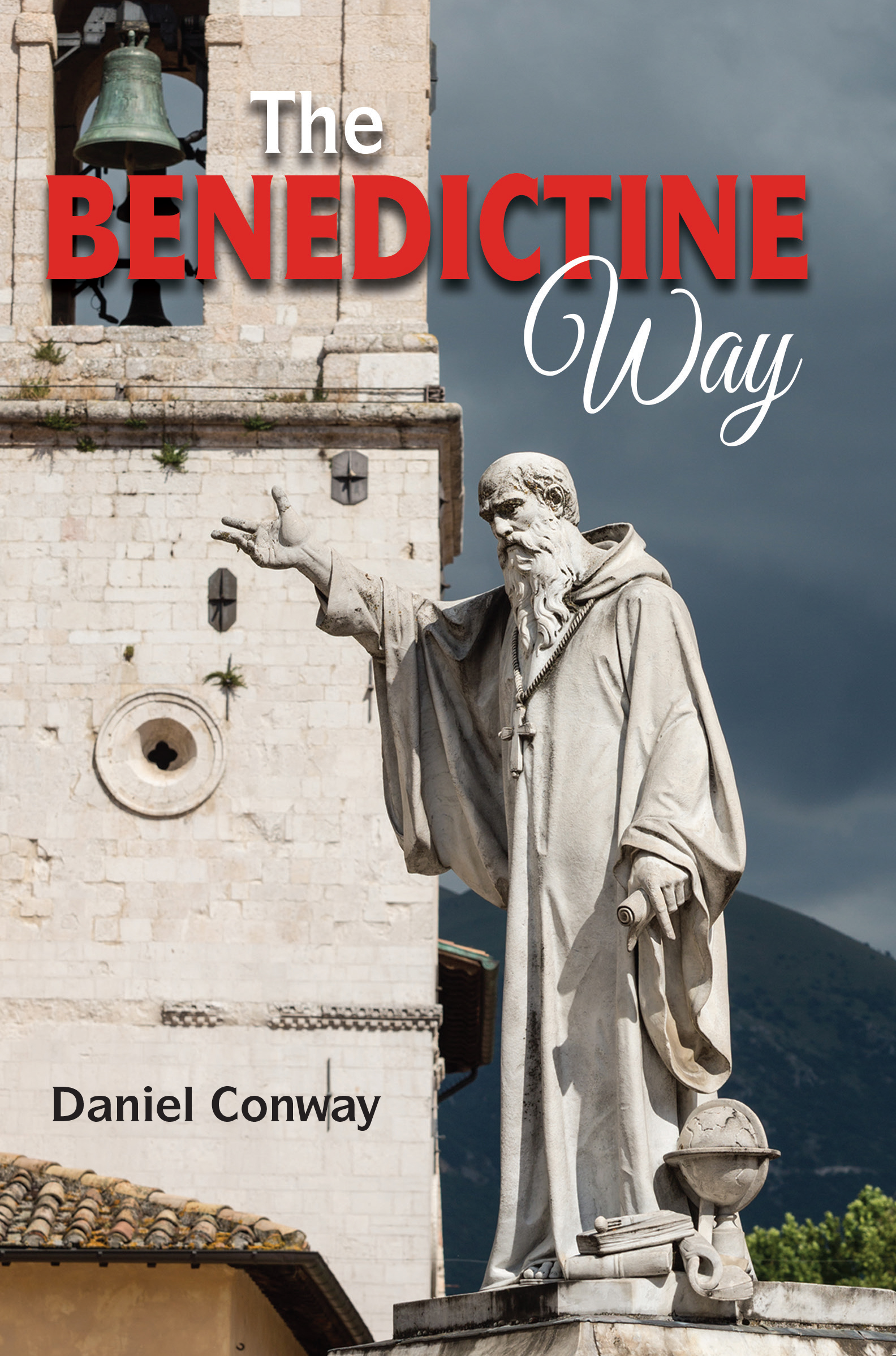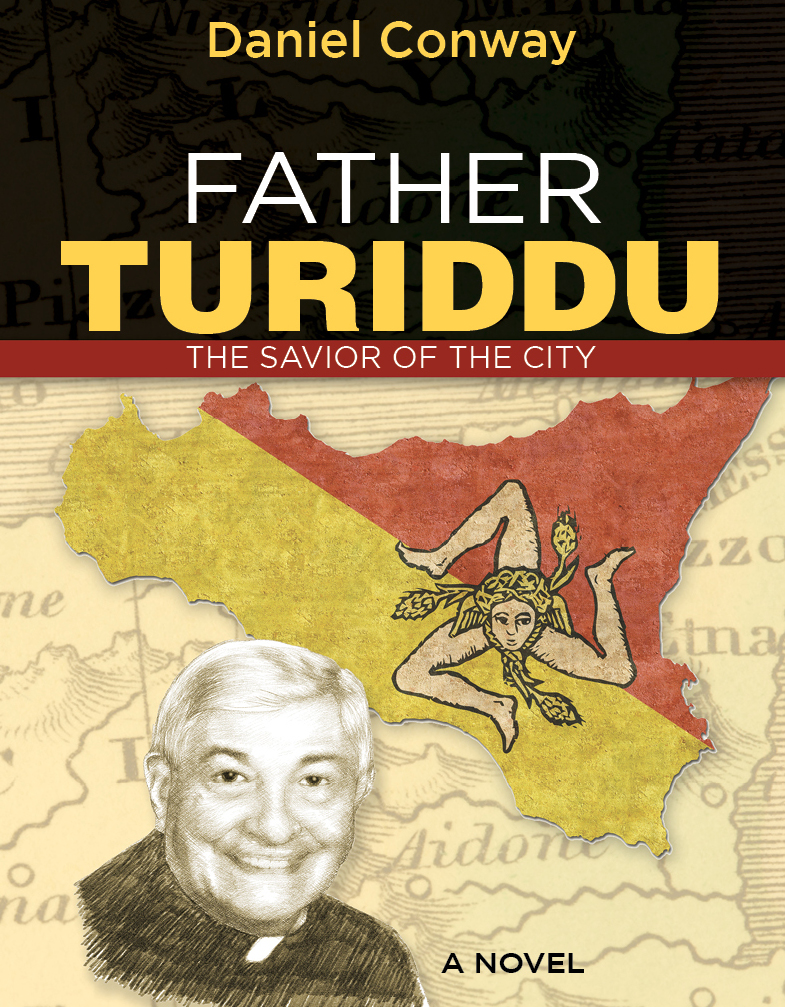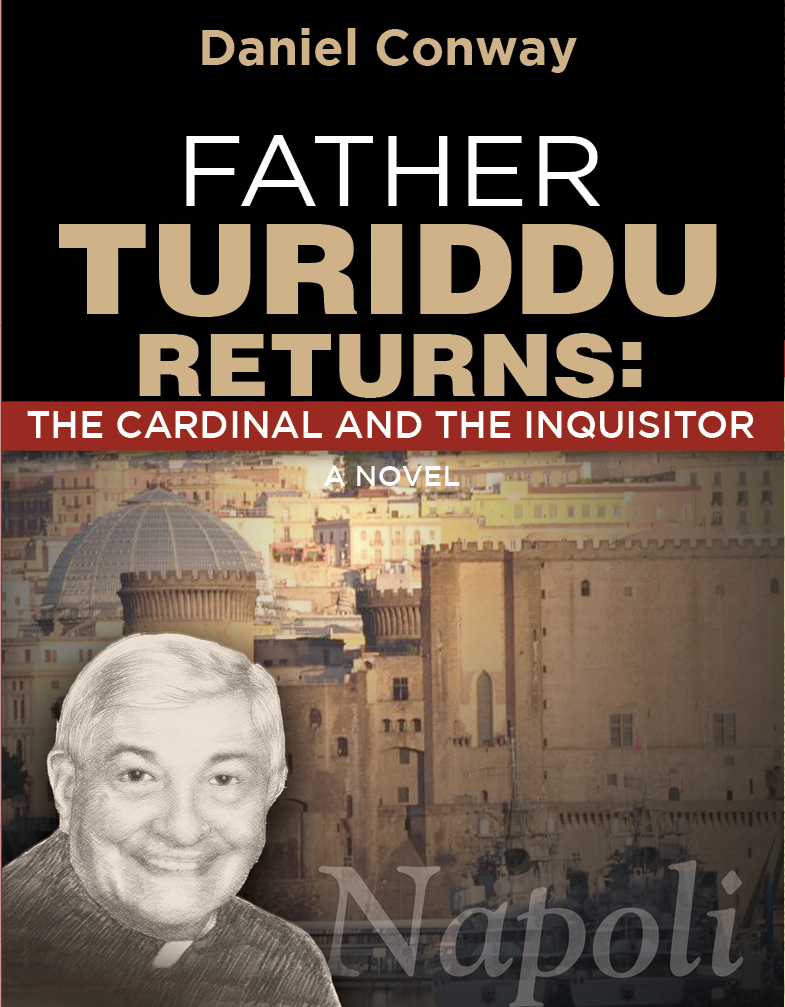The Church gives us two wonderful feasts in December to celebrate Mary, the mother of Jesus and our mother. On December 8, we celebrate the Solemnity of the Immaculate Conception, a mystery of God’s grace that allowed Mary to enter our world without the burden of sin. On December 12, we rejoice in the feast of Our Lady of Guadalupe, the sign of our Blessed Mother’s oneness with all the peoples of the Americas.
The Solemnity of the Immaculate Conception calls attention to the way that Mary, who was born without original sin, is different from us. But as Pope Emeritus Benedict XVI once observed, “This privilege given to Mary, which sets her apart from our common condition, does not distance her from us, but on the contrary, it brings her closer. While sin divides, separating us from one another, Mary’s purity makes her infinitely close to our hearts, attentive to each of us and desirous of our true good.” Mary’s difference does not separate her from us; her purity makes her more open and accessible to all of us, her children.
The feast of Our Lady of Guadalupe emphasizes Mary’s closeness to us. In 1531 a “Lady from Heaven” appeared to St. Juan Diego Cuauhtlatoatzin, a humble Native American at Tepeyac, a hill northwest of what is now Mexico City. She wore native dress, and she let it be known to him, and to all of us, that she is one-with-us. “Do not be afraid,” the beautiful Lady said to Juan Diego. “Am I not here, your Mother?”
During Advent, as we begin a new Church year, and prepare for Christmas, we are invited to stay close to Mary, our mother. Mary points the way to her son. She reminds us of the miracles Jesus works in our daily lives, and she invites us to respond with open hearts, “May it be done to me according to your word.”
Two powerful incidents frame the Gospel according to St. John. Chapter 2 contains the hope-filled story of the Wedding at Cana, and Chapter 19 provides St. John’s perspective on the Crucifixion of Jesus. Both incidents involve Mary.
The Wedding at Cana is familiar. It’s a story we’ve all heard many times, and it’s a situation nearly everyone can relate to. A mother and her adult son disagree. There’s a problem—not enough wine—and Mary wants Jesus to intervene. He resists. “Woman, how does your concern affect me? My hour has not yet come.” Mary pays no attention. She tells the servers, “Do whatever he tells you” (Jn 2:4-5). A domestic miracle is the result—the wedding guests will have plenty of wine (and the best wine at that!).
Mary’s presence during the Crucifixion of her son is one of the saddest moments in all of biblical literature. She follows him on the Way of the Cross, the Via Dolorosa, unable to do anything to assist or comfort him. Then she stands before the Cross—supported by John, the disciple that Jesus loved—and watches and waits.
“Woman, behold your son,” Jesus says. And to the disciple, “Behold your mother.” From that moment Mary became our mother, the one who intercedes for us before the throne of God. She is the one who shares with us her confident hope in the fulfillment of all God’s promises.
Mary says to us now, “Do whatever he tells you.” She gives profound personal witness to the liberating power of saying yes to God’s will. “Behold, I am the handmaid of the Lord,” she says to the angel (and to us). “May it be done to me according to your word” (Lk 1:38).
We might say that by his death on the Cross our Lord gave us two gifts. First and foremost, he gave us the gift of everlasting life. He sacrificed himself for us—dying so that we might live with him forever. And then, in yet another sign of God’s abundant generosity, Jesus gave us his mother. She who gave human life to him by the power of the Holy Spirit now helps us to say ‘yes’ to divine life and to follow her son on the way to happiness and peace.
What a marvelous, undeserved and unexpected gift! That the mother of our Lord would share her life and love with us and become our mother as well! Advent and Christmas help us to be good stewards of this wondrous gift of God’s love. By staying close to Mary, we experience the presence and power of Emmanuel (God-with-us), and by following her example, we can say ‘yes’ to God’s will for us even in these troubled times.

